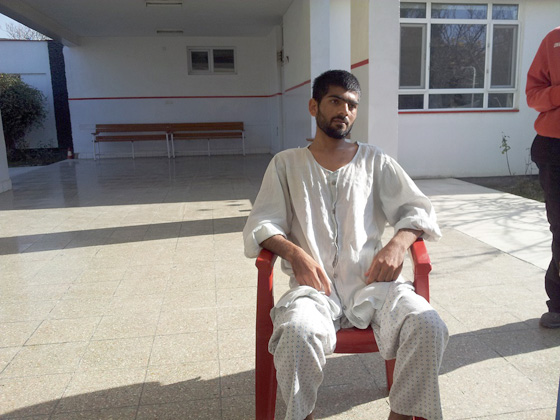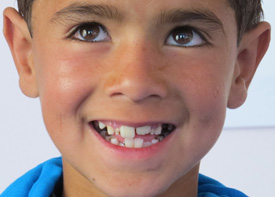If we’re still quietly hoping that wars would end and people all over the world would get along peacefully, the dreams and demands of the Helmand Peace Convoy would give us courage and evidence.
When Amanullah Khateb joined the Convoy, now called the People’s Peace Movement (PPM), he didn’t know that he would not see his wife again. With poor access to healthcare services, she recently died of appendicitis, leaving behind Khateb and three children.
But Khateb wants peace so intensely that he rejoined the PPM after his wife’s funeral. This desire is shared by each of the members of the PPM. They want all groups involved in the Afghan war to stop fighting, including the Taliban and the U.S./NATO/Afghan forces.
Continue reading “Can Afghans Convince Us That the Method of War Isn’t Effective?”





